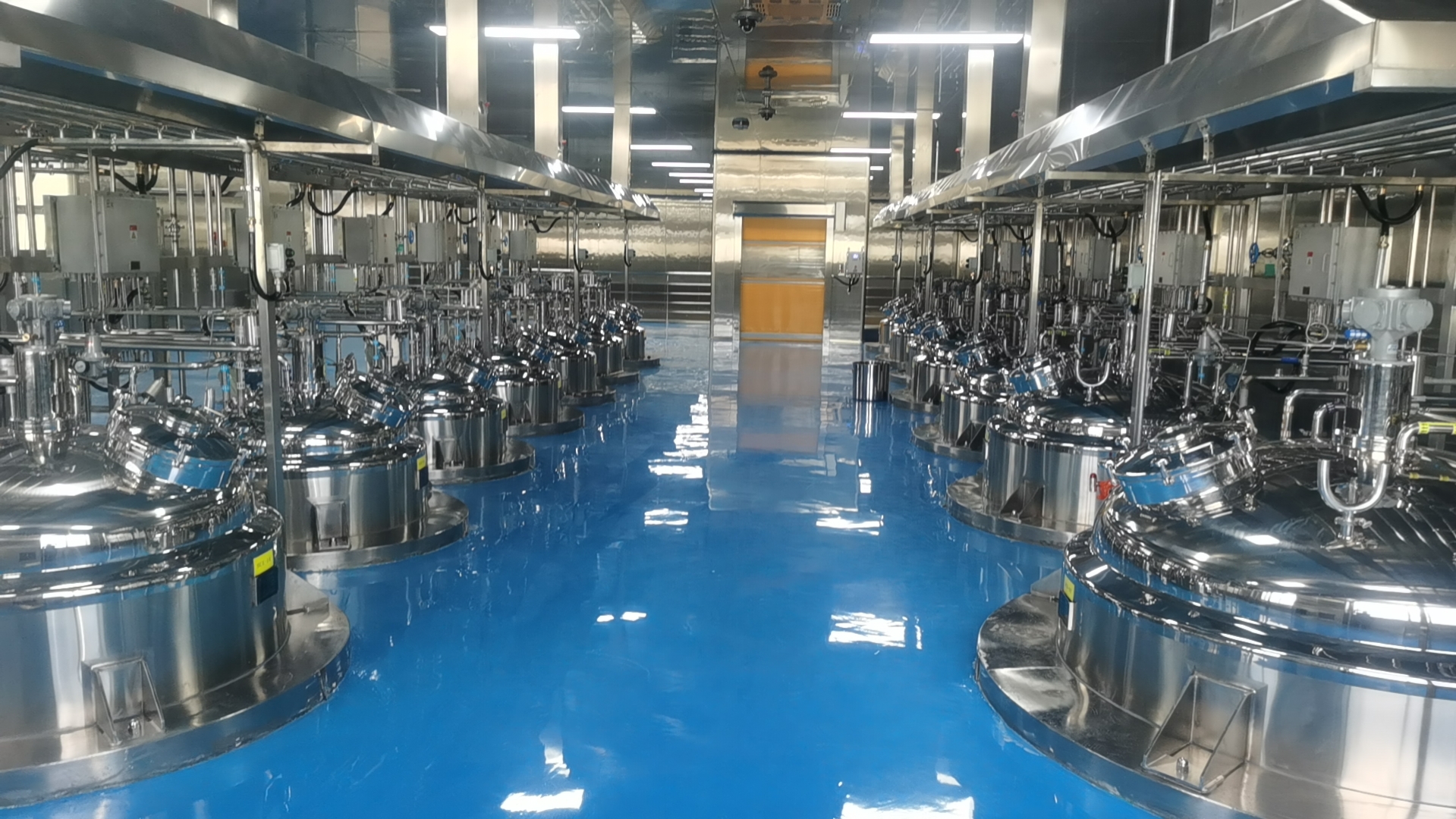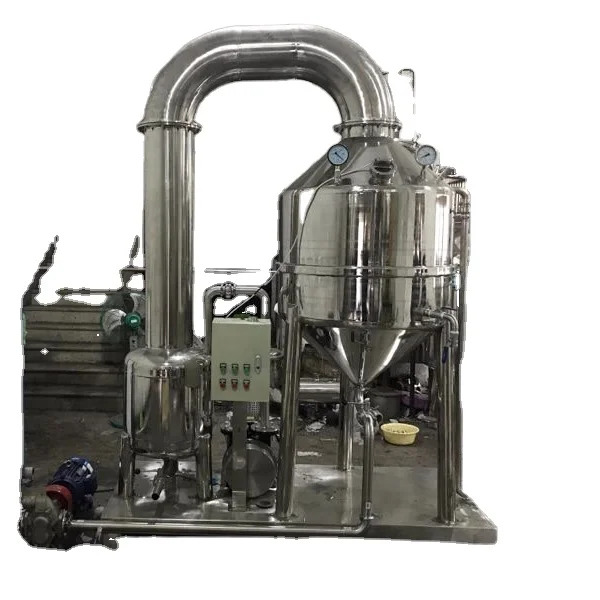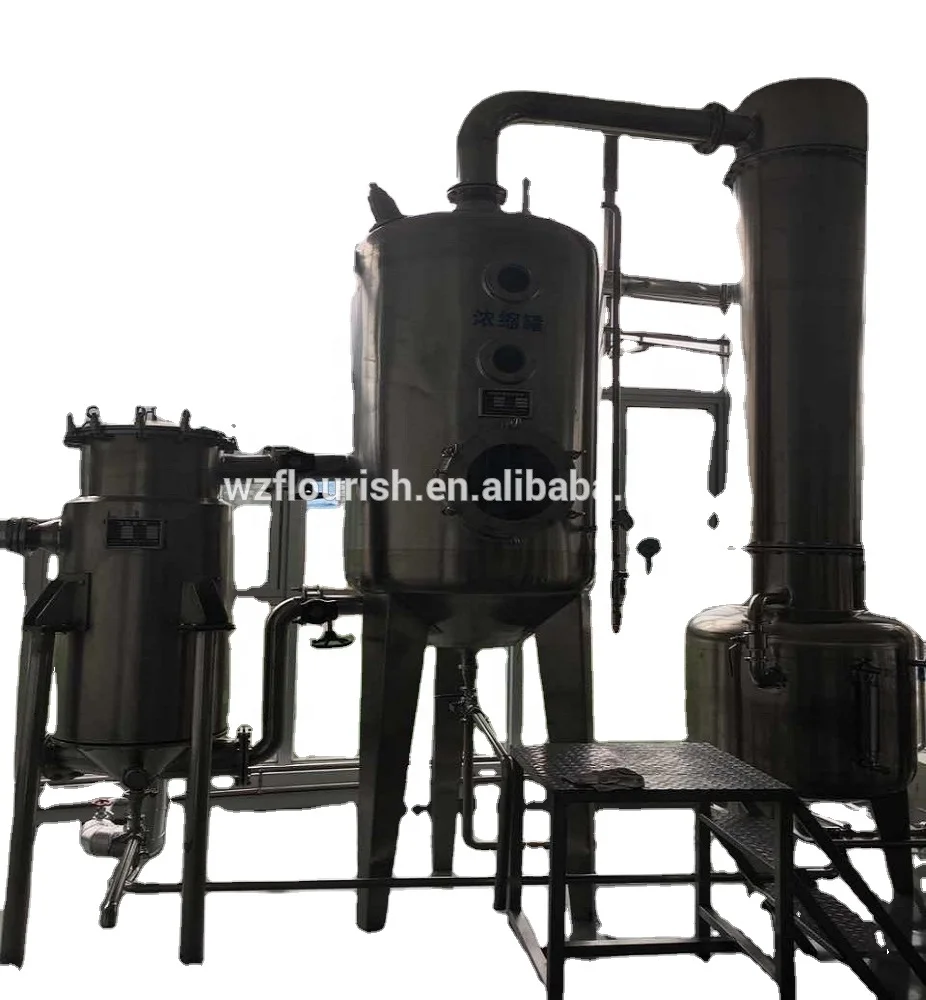
ABOUT
Wenzhou Vince Machinery Science Co., Ltd. was established in early 1980s. Our company covers an area of 6500 square meters and is an independent legal representative firm, possessing rich economic technology strength. Our company is a high tech enterprise and plays an important role in national dairy, foodstuff, pharmacy and machinery industries. We are a beverage machinery supplier.
Since the establishment, our company has mainly engaged in dairy products, foodstuff, beverage machinery, bean products, yellow wine, medicines and fermentation projects. What's more, our company supplies a complete sequence services in manufacturing, installation, test and personnel train, as well as the whole direction service design and consulting service on product project construction or enlargement artistic distribution engineering sets budget.
Exploring Thin Film Evaporator Efficiency
Heat Transfer Optimization
The primary determinant of thin film evaporator efficiency is the effectiveness of heat transfer from the heating surface to the liquid film. Factors affecting this include the film thickness, the viscosity of the liquid, and the surface characteristics of the heating element. A thinner, more uniform film ensures greater contact with the heated surface, leading to higher heat transfer rates. High viscosity liquids, conversely, impede efficient heat transfer, requiring modifications such as preheating or the use of specialized heating surfaces with enhanced surface area.
Furthermore, the material and design of the heating surface play a critical role. Materials with high thermal conductivity, such as stainless steel or graphite, facilitate faster heat transfer. Innovative designs incorporating enhanced surface areas, like finned tubes or microchannels, can further boost efficiency by maximizing contact between the heating surface and the liquid.
Operational Parameters
Operational parameters such as temperature, pressure, and feed flow rate significantly influence the evaporator's performance. Higher temperatures accelerate evaporation, but excessive temperatures can cause product degradation or fouling. Pressure control is crucial, with reduced pressure facilitating evaporation at lower temperatures, thereby protecting heat-sensitive materials. The feed flow rate must be optimized to maintain the desired film thickness; too high a flow rate leads to inefficient heat transfer, whereas too low a flow rate might result in excessive residence time and product degradation.
Monitoring and controlling these parameters dynamically is vital. Sophisticated control systems can continuously adjust the operational conditions to maintain optimal efficiency and product quality, adapting to variations in feed characteristics or ambient conditions.
Material Considerations and Fouling
The choice of materials for the evaporator construction directly impacts its long-term efficiency and lifespan. Corrosion-resistant materials are essential to prevent degradation and contamination of the product. The tendency for fouling, where solid particles or residues accumulate on the heating surface, reducing heat transfer, needs careful consideration. Regular cleaning protocols and the selection of materials that resist fouling are crucial for maintaining high efficiency.
Innovative approaches to mitigate fouling, such as utilizing specialized coatings or employing ultrasonic cleaning techniques, are actively being researched to further improve the operational life and efficiency of thin film evaporators. Understanding and managing these factors is vital for achieving optimal efficiency in thin film evaporator systems.
SUBSCRIBE
INQUIRY





